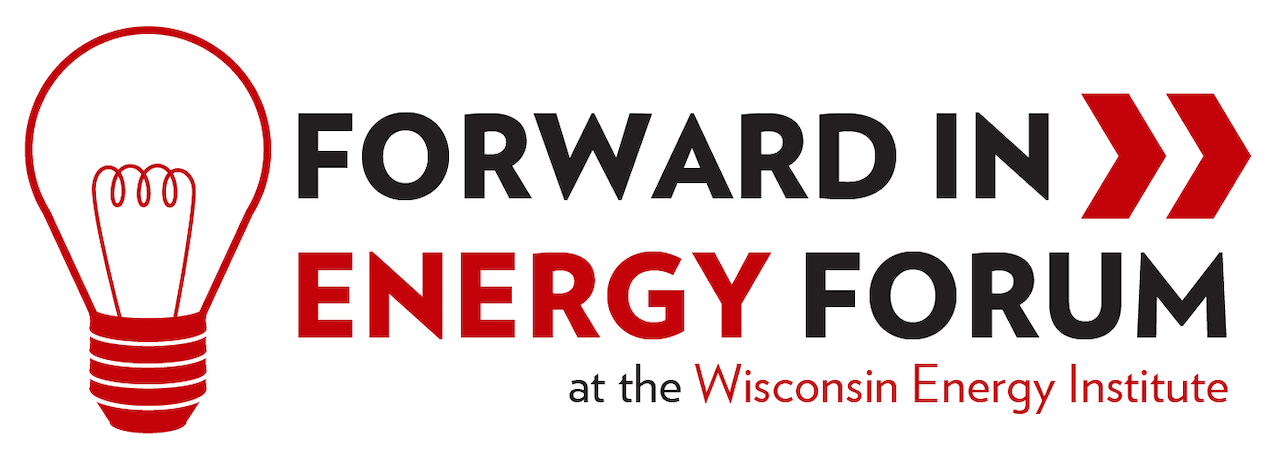
Agriculture is the source of about 10% of U.S. greenhouse gas emissions. Yet, the soil we farm has the potential to serve as a carbon sink, taking in more carbon from the air than it emits. Join us on Tuesday, November 30 from 4:30–6:00 p.m. to learn how advanced agricultural practices and science behind soil carbon storage, the policy choices surrounding this science, and how carbon markets are already putting the practice into place. Register here
Moderator
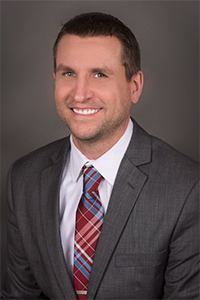 Bryan Van Stippen
Bryan Van Stippen
Project Director, National Indian Carbon Coalition
Project director Bryan Van Stippen (Oneida Nation of Wisconsin) joined the National Indian Carbon Coalition (NICC) from the Ho-Chunk Nation where he served as a Tribal Attorney for the Department of Justice before transitioning to the Legislative Office. As a Legislative Attorney, he was responsible for land acquisition and other land issues, including fee-to-trust, leasing, right-of-ways, and easements.
Speakers
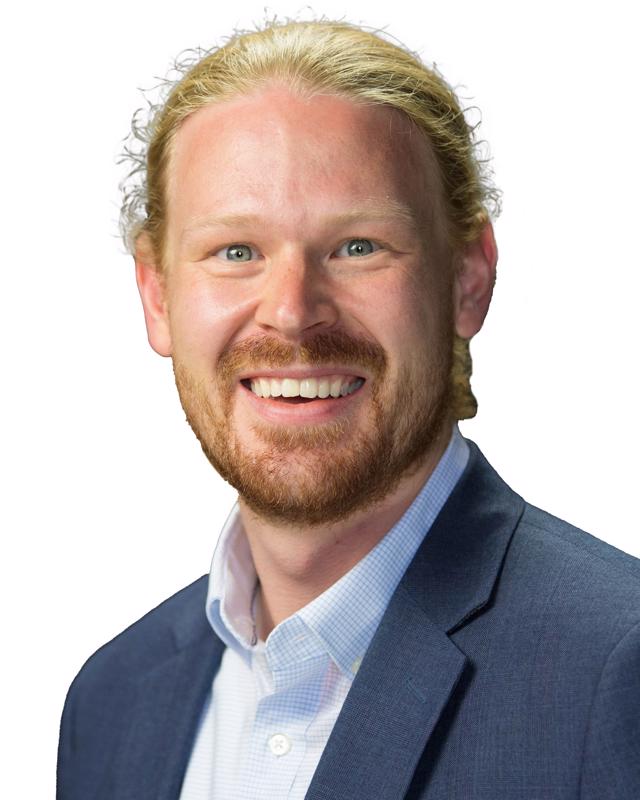 Andrew Stevens
Andrew Stevens
Assistant Professor, UW–Madison Associate Professor of Agriculture and Applied Economics
Andrew Stevens is an Assistant Professor with broad research interests in agricultural and food policy. As an applied microeconometrician, he pairs modern empirical methods with rich data to credibly answer policy-relevant questions. Through his research, he aims to better understand human behavior, characterize interdependencies between human and natural systems, and quantify the intended and unintended consequences of public policy. His research focuses on economic decision-making throughout the food supply chain from agricultural production to consumer demand. He is currently particularly interested in studying US agricultural production and applying modern econometric techniques to high-resolution panel data. By better understanding how individual producers and consumers make decisions, he hopes to support producers, address market failures, and inform evidence-based policymaking.
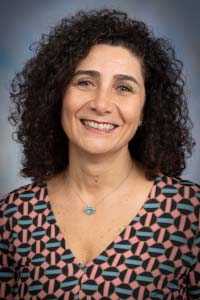 Francesca Cotrufo
Francesca Cotrufo
Professor in the Department of Soil and Crop Sciences, and Senior Scientist at the Natural Resource Ecology Laboratory, Colorado State University
M. Francesca Cotrufo is a Professor in the Department of Soil and Crop Sciences at Colorado State University. She earned B.Sc. from the University of Naples, Italy and Ph.D. from Lancaster University, UK. Prior to join CSU in 2008, she worked as a professor at University of Campania, Italy. Dr. Cotrufo is a soil ecologist and biogeochemist, internationally recognized for her work in the field of litter decomposition and soil organic matter dynamics, and in the use of isotopic methodologies in these studies. She strives to advance understanding of the mechanisms and drivers of formation and persistence of soil organic matter, and their response to global environmental changes and disturbances. She uses this understanding to improve modelling of soil carbon-climate feedbacks to inform climate and land use policy and management. She also pursues applied research to innovate and increase throughput of soil carbon and health testing, and to propose soil management practices that regenerate healthy soils and mitigate climate change. As a scientist fully aware of the current and future challenges expecting humanity, Dr. Cotrufo is interested in promoting research education, and outreach activities to help mitigating the current human impacts on the Earth System and assure a better sustainable path for humanity. To this end, with Dr. Keith Paustian and other colleagues at CSU, she recently formed the Soil Carbon Solution Center.
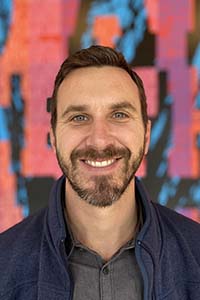 Max DuBuisson
Max DuBuisson
Senior Director, Carbon Policy, IndigoAg
Max leads global carbon policy at Indigo Ag. This includes development and implementation of carbon accounting methodologies, as well as Indigo’s strategic engagement with external partners and initiatives to build reputation and positioning within the carbon market. Prior to joining Indigo he was Policy Director at the Climate Action Reserve, where he spent 11 years. He is an expert and thought leader on the development and implementation of rigorous offset project protocols, developing many key policy and technical approaches that underpin the voluntary and compliance offset markets in North America. He has a Masters in corporate environmental management and eco-entrepreneurship from the Bren School at the University of California, Santa Barbara and a BS in Biology from Davidson College.
